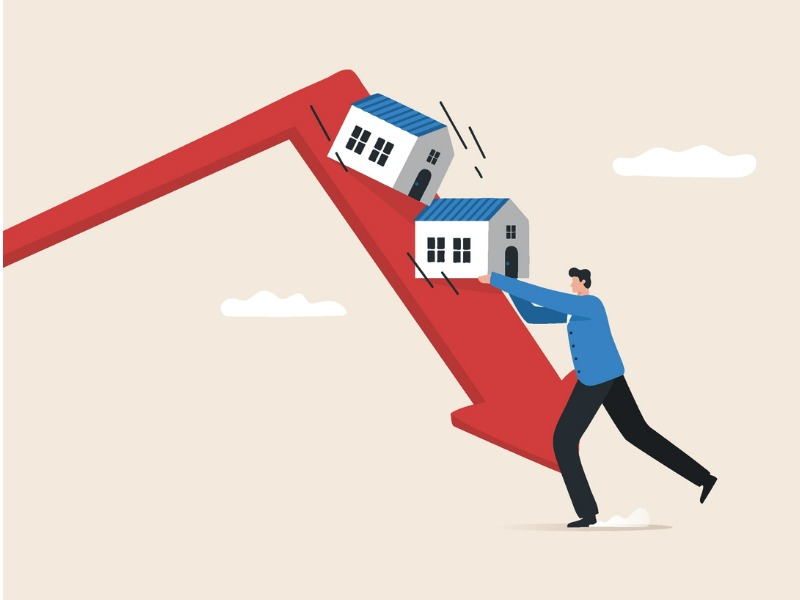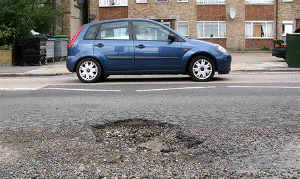How the recession will affect personal lines

An impending recession could mean unaffordability for personal lines policyholders who make up almost half (49%) of the industry’s direct property premiums, an expert at the Insurance Institute of Canada’s Industry Trends & Predictions: 2023 webinar said.
Insurers will need to respond quickly to accommodate home and auto policyholders and make rate adjustments accordingly, said Phil Cook, P&C consultant and chairman of Omega Insurance Holdings Inc.
When combined, property and auto premiums made up 76% of direct premiums written by insurers in the first three-quarters of 2022 (38.5% property premiums and 37.5% auto premiums).
What’s more, of all direct property and auto premiums written in 2022, almost half (49%) were personal lines while 27% were commercial.
“It’s likely that these percentages will hold for 2023,” explained Cook. “What it means though is that we only have 24% in other lines.”
But limited disposable income from personal lines consumers — who make up the bulk of the industry’s property premiums — will pose a ‘significant’ problem for the industry in the coming year, he suggested.
“We’re told by the economists that the debt-to-income ratio for Canadian households has now reached 169%. That means it’s over one and a half times a person’s annual income,” said Cook. “Most recessions have been triggered at around 135% to 140%.
“It’s a problem that, I think, is on us as insurers as we look for the type of rate adjustments that may be necessary going into 2023, and then 2024,” he said.
Recessional volatility could mean limited disposable income, but it also has other financial impacts for consumers, which will in turn, affect insurers.
“Interest rate increases and significant amortization periods on both car loans and mortgages are being extended dramatically,” observed Cook. Mortgage defaults may also pose a concern for banks, although they have yet to be widely seen, he added.
But one real threat to insurers is that land values and property values are escalating, and consumers may be able to make actual cash value (ACV) claims, he said.
He recalled an example of a consumer who had total loss on their property in a jurisdiction where the municipality rezoned from single-family dwellings to multiple occupancy dwellings. “It turned out that they were able to take an actual cash value settlement of their building, as opposed to rebuilding it for replacement cost.
“Then [they] sold the vacant land for a combined income on the property and the land, which was exceedingly more than the value of the property to begin with.
“That can’t be good for us,” said Cook. “Vacant lots and homes that settle on an ACV basis instead of being rebuilt doesn’t bode well…I think we’re going to see more of that as we go along.”
Other areas that may become volatile during a recession include:
Cost of building materials
Vehicle parts pricing
Labour rates
Supply chain delays
Residual value
Maintenance (loss prevention)
Consumers are going to expect more disclosure and transparency from the industry, predicted Cook, especially as we face a recession.
“It’s no longer sufficient for us to say to somebody that just had a 50% increase in their auto insurance: ‘don’t worry about it. It was because of the war in the Ukraine or an earthquake in the Philippines.’
“They can’t automatically make that connection,” he said. “We know what that means, but we’re going to have to be more transparent and provide more educational services to the to the consumer.”
Feature image by iStock.com/Yellow Man





